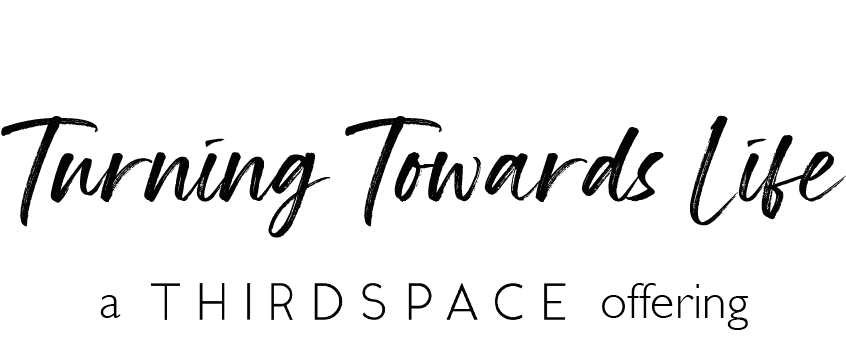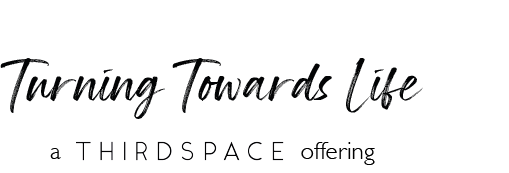The Awkwardness Principle, Episode 303
How our familiarity and what we’re comfortable with builds a whole world, with its own particular horizon of possibilities. Why it might be that the very thing that’s most called for to change things in the ways we long for is to do the last thing we’d imagine. And how we can help one another grow by being the ones who lovingly find a way to welcome and explore the unfamiliar in one another.
This week's Turning Towards Life is hosted, as always, by Lizzie Winn and Justin Wise of Thirdspace.
Here’s our source for this week:
The Awkwardness Principle
“The practices that carry the greatest potential for transformative change are usually counter-instinctual.”
—Bruce Tift
If you’re trying to get better at life in some way – more patient, or better at listening, or less prone to procrastination or anxiety or self-sabotage – the necessary actions are pretty much guaranteed not to feel especially good. They’re more likely to feel scary, or at least awkward, like wearing an ill-fitting shirt, or writing with your non-dominant hand. While learning to be patient, you should expect to feel restless. As you embark on a long-postponed creative project, you should expect to feel unready. One way or another, change will feel crappy.
This shouldn’t really come as a surprise. After all, you’re attempting in some way to be different than you are. (That’s true, by the way, even if your goal is to become more accepting of how things are.) Yet your entire personality, up to this moment, has been one long exercise in getting good at being who you currently are. So of course you’ll feel ungainly and self-conscious when you try to do otherwise...
Most of us grow up with the deep-seated belief that there are certain feelings we can’t allow ourselves to feel. Maybe you were raised with the message that you shouldn’t depend too much on others, or that you shouldn’t stand out from the crowd, or that you should stand out from the crowd, or that you should always have a clear plan for the future, or that people are out to take advantage of you...
For a small child, falling in with these family patterns feels like a matter of survival. So by the time you’re an adult, you’re deeply convinced that easing up on them – that is, by allowing yourself to depend on others, or stand out, or operate without a clear plan, etcetera – would be to invite disaster. No wonder the prospect seems utterly terrifying.
Oliver Burkeman
www.oliverburkeman.com
Photo by Ion Fet on Unsplash

